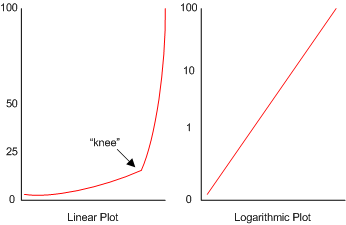[cross-posted on Albion’s Seedlings]
Pei, Minxin, China’s Trapped Transition: The Limits of Developmental Autocracy, Harvard Univ Press, 2006. 294pp.
As much as the end of the Cold War, the big story of the tail end of the 20th century was the movement toward economic liberalism in mainland China after 1979. After twenty-five years on a new compass heading, how are things going?
For the interested general reader, business, foreign policy, and military websites provide deeply contradictory news. On the one hand, China seems to have dramatically increased its per capita wealth and changed its peoples’ lifestyle faster than any other nation in history. On the other hand, the vast majority of Chinese are stuck in unproductive state-owned enterprises (SOEs) or subject to the whim of central authorities when it comes to the pricing of agricultural goods. That translates into hundreds of millions of people with little hope of climbing the Chinese ladder of prosperity in their lifetimes. China, according to the demographers and “best-case” economists, will still grow old before it grows rich.
On the military front, China appears as the most likely candidate for super-power status with a central autocratic government, a growing economic engine to fund military purchases, a massive population, a compliant diaspora funneling international secrets homeward (Time article [subscription] from early 2005), and a chip on its shoulder lovingly nurtured for centuries as a substitute for an effective political theory. The naysayers, in contrast, claim that China is fortress with no one manning the walls … an army, navy, and air force more effective on paper than in reality, and a billion people dangerously dependent on potential enemies for the raw materials and consumer markets that would subsidize any military modernization.
Which is it?
